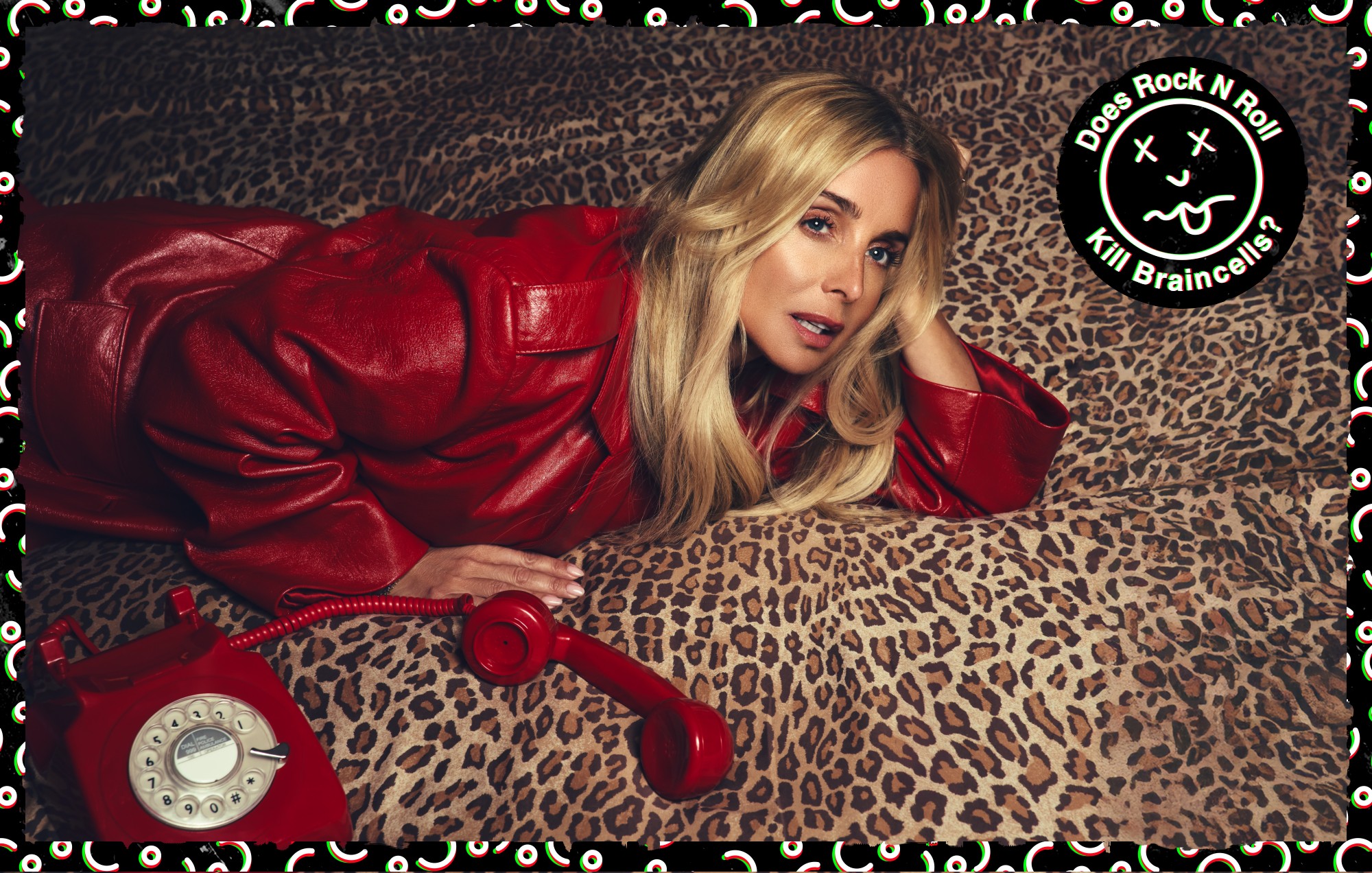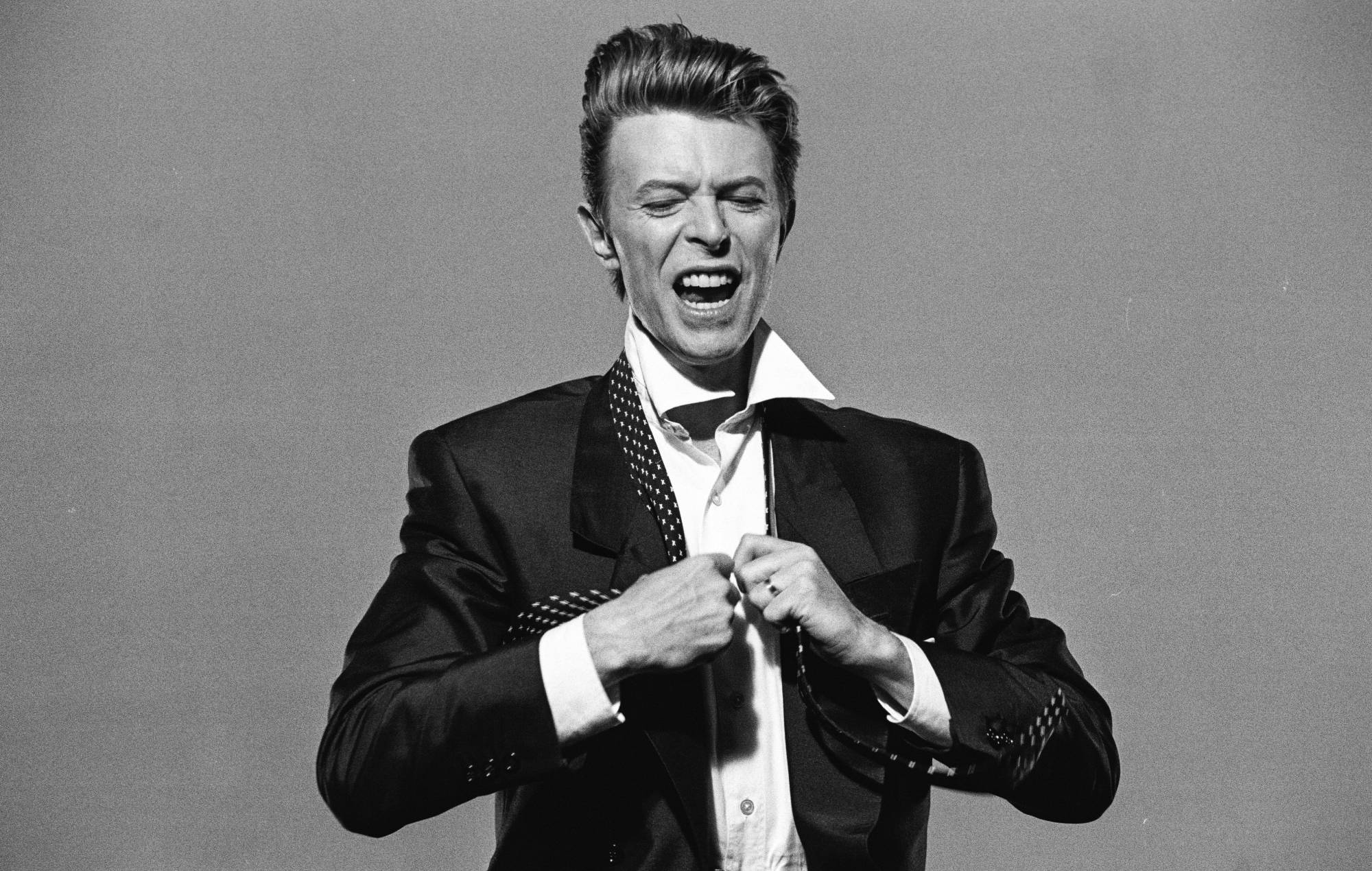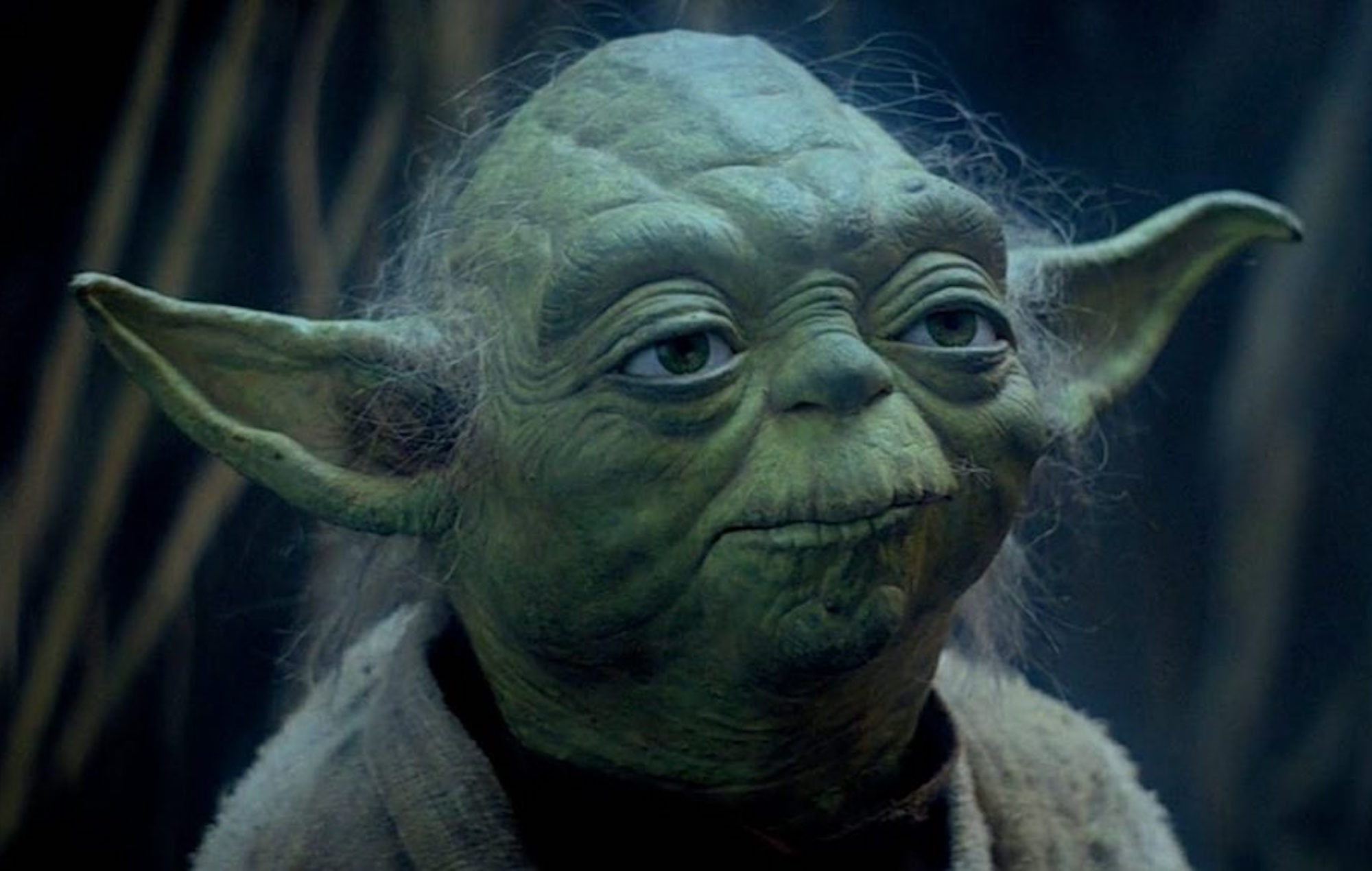Table of Contents
Images Courtesy of Parlophone Records Limited
Moon Music is one of those songs layered with meaning and introspection if you take the time to do the work; though I can’t blame you if you sink too deep into Jon Hopkins’ productions to have the bandwidth to focus on much else.
With my background in English literature and creative writing, I’m approaching this analysis from a more poetic angle, bringing in references to classic poetry that wrestle with the same themes Coldplay explores here: self-improvement, doubt, and the need for human connection. Hopefully, we can shed some light on how other writers and poets and grappled with similar ideas through the ages and bring new and unique perspectives to this modern pop record.
See Coldplay Live On Tour Here 👈
Snag Coldplay On Vinyl Here 👈
To explain it, I’ll use works by poets like Emily Dickinson, Robert Frost, and Anne Sexton. These writers dealt with the same inner conflicts and existential questions that appear in Moon Music’s lyrics.
Using these classic texts as a lens helps illuminate the song’s underlying themes and shows that the struggle to grow, connect, and make sense of things is as old as time. So let’s jump in and see what kind of insights we can uncover when we put Moon Music alongside some of poetry’s greatest voices.
[embed]https://youtube.com/watch?v=MkhCTsgSYBk&si=r5m6AiL2jkqBLfvg[/embed]Moon Music Lyrics
[Intro]
Moon Music
[Instrumental]
[Verse]
Once upon a time, I tried to get myself together
Be more like the sky and welcome every kind of weather
Be more eagle-like and find the flight in every feather
Once upon a time, but I’m still trying to get better
Maybe I’m just crazy, I should just be a brick in the wall
Sit and watch the TV, blame everyone else for it all
But I’m trying to trust in the heavens above
And I’m trying to trust in a world full of love
Fire and water and constantly dream
Of the balance of things and the music between
If there’s anyone out there, I’m close to the end
If there’s anyone out there, I just need a friend
[Outro]
Feels like
I’m fallin’ in—
Feels like
I’m fallin’ in—
Feels like
I’m fallin’
Moon Music Coldplay Meaning
“Moon Music” explores the complicated feelings around trying to improve yourself while feeling completely overwhelmed by everything else life throws at you.
The lyrics are straightforward but loaded with tension, which makes the song relatable and powerful. It’s a narrative that walks the line between self-reflection and a cry for help, making it resonate on a deep, emotional level. To really understand the core of the song, let’s break down the main themes and how the lyrics change and morph as the song progresses.
See Coldplay Live On Tour Here 👈
Snag Coldplay On Vinyl Here 👈
Struggling to Become a Better Version of Yourself
The opening lines, “Once upon a time, I tried to get myself together / Be more like the sky and welcome every kind of weather,” show a desire for growth. The speaker is essentially saying, “I’ve been trying to get my act together,” which is something everyone can relate to. They want to be more resilient, like the sky that endures both sunny days and storms without changing itself. It’s a clear metaphor for emotional strength and flexibility. But what’s key here is that the effort is in the past—“Once upon a time” suggests that maybe the speaker isn’t quite there yet.
Then we get to this line: “Be more eagle-like and find the flight in every feather.” This is about wanting to see potential and opportunity in even the smallest things. It’s saying, “I want to turn every setback into a step up.” But, honestly, that’s easier said than done. It’s not surprising when they admit, “Once upon a time, but I’m still trying to get better.” This tells us they haven’t quite reached that ideal state yet, and maybe they’re even questioning if it’s possible at all.
Emily Dickinson’s poem “I’m Nobody! Who are you?” explores a similar theme.
Dickinson wrestles with the idea of being true to oneself versus fitting into society’s expectations. The song’s line, “Maybe I’m just crazy, I should just be a brick in the wall,” echoes this. The speaker’s essentially saying, “Maybe it’d be easier to just go along with what’s expected of me and not rock the boat.” It’s that tug-of-war between striving for greatness and just giving up and blending in.
Wrestling with Doubt and Loneliness
The song shifts from self-improvement to doubt and loneliness with lines like, “If there’s anyone out there, I’m close to the end.” This is where the speaker drops the pretense of just trying to be better and admits they’re struggling—hard. The use of “close to the end” is a heavy admission. It’s a way of saying, “I’m running out of steam here.” This is no longer about just wanting to be more like the sky or an eagle; it’s about survival.
There’s a real cry for connection here: “If there’s anyone out there, I just need a friend.” The speaker has moved from talking about lofty aspirations to just wanting someone to be there. It’s like the mask has come off, and they’re admitting how vulnerable they feel. This need for companionship and support reminds me of Robert Frost’s “Acquainted with the Night.” Frost’s speaker also feels isolated, walking alone in the dark, asking questions that seem to go unanswered.
The Search for Balance
The lyrics then move to an attempt to find some sense of balance: “Fire and water and constantly dream / Of the balance of things and the music between.” There’s a focus on finding harmony between opposing forces, like fire and water. To me, this suggests that the speaker is trying to reconcile conflicting emotions or situations—trying to find a middle ground between the intensity of fire and the calmness of water. It’s a common theme in poetry, where opposites are seen as two sides of the same coin.
William Blake’s poems “The Tyger” and “The Lamb” work with a similar concept of balance. In “The Tyger,” Blake explores the fierce, destructive nature of the tiger, while “The Lamb” presents the gentle, innocent side of creation. The speaker in “Moon Music” seems to be striving for that kind of balance in their own life—trying to hold space for both the “fire” and “water” within themselves.
Ending with Uncertainty
The outro—“Feels like I’m fallin’ in— / Feels like I’m fallin’ in— / Feels like I’m fallin’”—is where the uncertainty of the song comes to a head. The speaker is left hanging, mid-thought, mid-fall. It’s an incomplete feeling that matches their internal struggle throughout the song. It’s almost as if they’re saying, “I’m not sure if I’m going to land on my feet or just keep falling.”
This unresolved ending leaves the listener feeling a bit unsettled, which matches the tone of the song perfectly. The speaker is still searching for that balance, still struggling to get themselves “together.” And that’s the reality of self-improvement—it’s not a neat, tidy process with a clear ending. It’s ongoing, messy, and sometimes, you’re left in freefall, wondering where you’re going to land.
In essence, “Moon Music” is about being in that middle ground—between striving and surrendering, between wanting to be better and feeling like it’s all too much. The comparisons to Dickinson, Frost, and Blake show that this isn’t a new struggle, but it’s one that’s deeply human and timeless. These lyrics hit home because they’re real about how tough it is to navigate these emotions, and they don’t shy away from admitting when things just feel overwhelming.
See Coldplay Live On Tour Here 👈
Snag Coldplay On Vinyl Here 👈
Themes, Meanings, and Main Takeaways
“Moon Music” is all about the tension between wanting to be better and feeling like you’re failing at it. The song’s lyrics hit on a few main themes: personal growth, existential doubt, and the need for balance. These are big concepts, but the song tackles them in a way that feels down-to-earth and relatable. The speaker is trying to get their life together, but they’re also struggling to keep it up, which is a story a lot of us know all too well.
And when you compare it to the poems we’ve talked about—by Dickinson, Frost, and Sexton—the song becomes even more powerful because it shows how these feelings have been explored over time.
Emily Dickinson’s “I’m Nobody! Who are you?” asks whether it’s worth it to stand out and be seen, or if it’s better to just blend in and avoid the spotlight. This connects directly to the speaker’s line, “Maybe I’m just crazy, I should just be a brick in the wall.” It’s like they’re saying, “Is it worth it to keep trying and striving to be this better person, or should I just stop?” There’s that same push and pull in Dickinson’s poem, where she questions whether being true to yourself is worth the struggle.
Then there’s Robert Frost’s “Acquainted with the Night” and Anne Sexton’s “Wanting to Die,” which bring in that feeling of loneliness and reaching out for some kind of connection. The song’s plea—“If there’s anyone out there, I just need a friend”—echoes the same kind of loneliness Frost and Sexton write about. It’s the idea that, yeah, you can work on yourself all you want, but if you don’t have anyone there to support you or connect with, it can feel like it’s all for nothing.
The main takeaway here? While self-improvement is important, it’s the relationships and connections we build that really make the difference when things get tough.
See Coldplay Live On Tour Here 👈
Snag Coldplay On Vinyl Here 👈
The post Moon Music Coldplay Lyrics Meaning: Making Sense of the Lyrics with Help from the Greats appeared first on Magnetic Magazine.



